Brexit: What they said then and now
Figures on both sides of the Brexit debate made bold claims during the 2016 referendum campaign.

One thousand days have passed since the UK voted to leave the EU. Here is a look back at what politicians and celebrities said during the referendum campaign – and what they are saying now.
“The day after we vote to leave, we hold all the cards and we can choose the path we want.”
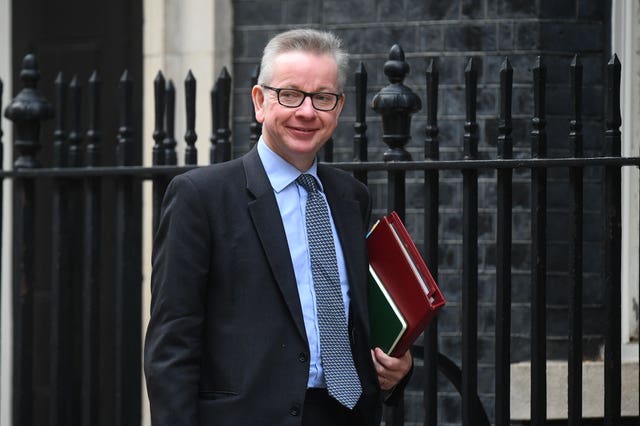
Brexit campaigner Michael Gove told voters in April 2016 that the UK would find itself in a strong bargaining position if it voted to leave the EU.
As Theresa May’s Environment Secretary, he is now trying to persuade Tory colleagues to back the Prime Minister’s Withdrawal Agreement, telling MPs in December: “I reflected long and hard about this deal but I concluded, like lots of people, that while it is imperfect it is the right thing to do.”
He went on to say “we should not make the perfect the enemy of the good”, adding: “We have got to recognise that if we don’t vote for this, the alternatives are no deal or no Brexit.”
“Come hell or high water, we will row our own boat and we will be governed by people directly elected by us.”
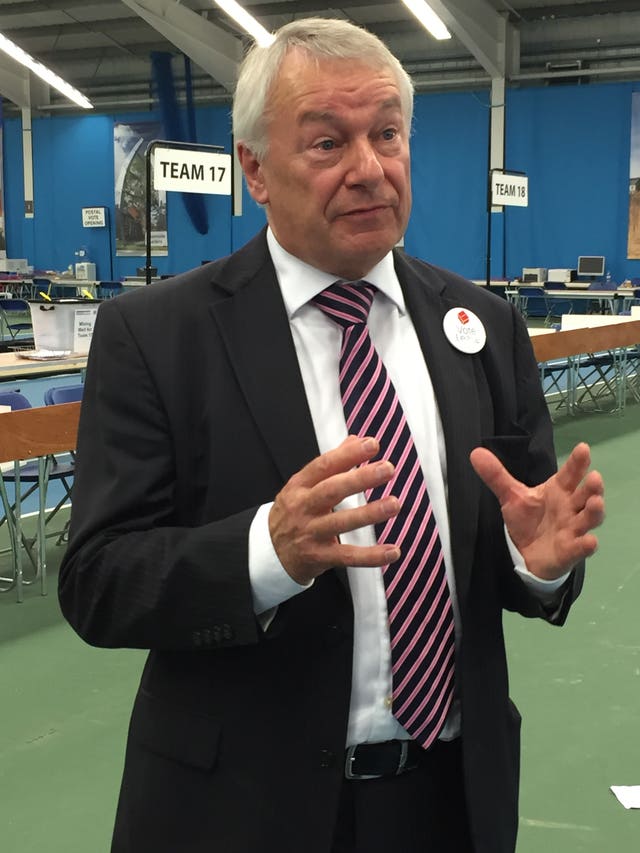
Richard Elvin was one of those jubilant Brexiteers in Sunderland 1,000 days ago when the city became the first to vote leave.
Now, Mr Elvin, who represents Ukip on Hetton Town Council near Sunderland, is still waiting for that prediction to come true and shares the frustration of many Brexiteers over the failure of Westminster to deliver on that result.
He explained: “I also said shortly after the event that my greatest fear was Brexit would not happen because the Establishment doesn’t want it to happen.”
He added: “It’s a real mess, nobody is in real control. Many would say it has been deliberately done that way – chaos increases the chance of remaining in the EU.”
He said the Prime Minister’s proposed deal was “appalling” and most people now favoured a no-deal exit.
“If anything, people’s views have hardened with the terrible way things have been handled. Despite all the negativity and scaremongering, it doesn’t appear to have changed people’s minds.”
“This referendum is a once-in-a-generation decision, and it is vital that we hear from every sector on the possible implications for our country.”
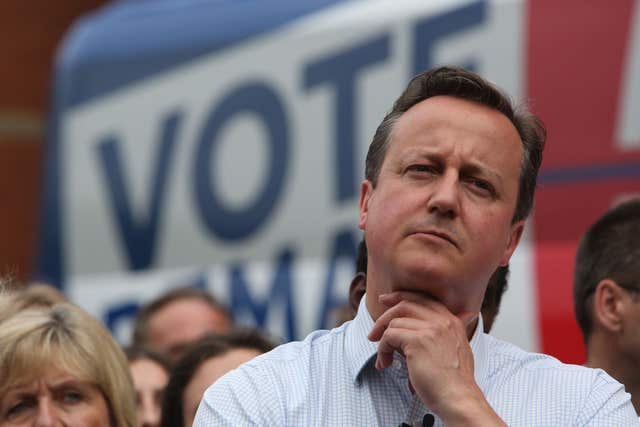
In June 2016 then Prime Minister David Cameron, who campaigned to Remain, was suggesting the referendum could put to bed the issue of the UK’s membership of the bloc.
One thousand days later, some campaigners and MPs are calling for a second referendum while politicians and the public remain divided.
Mr Cameron insisted in January that he “doesn’t regret” calling the referendum, but in one interview expressed frustration at fellow Tories who voted against the Withdrawal Agreement.
In March, he said: “Some people who have always wanted Brexit have voted against it again and I think this is exasperating for the Prime Minister.”
“I don’t believe arrangements need to change. I think the land border we share with Ireland can be as free-flowing after a Brexit vote as it is today.”
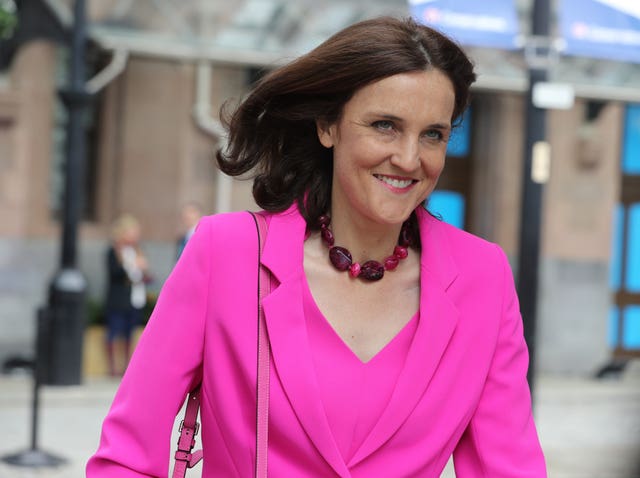
April 2016 saw then Northern Ireland Secretary Theresa Villiers argue that border arrangements in Northern Ireland would not need altering.
Irish border arrangements have subsequently proven to be a major sticking point in Brexit negotiations, with both sides disagreeing on how to minimise disruption to travel and trade between the two countries.
However Brexit-supporting Ms Villiers says there are credible plans to deliver “an invisible free-flowing border on the island of Ireland” as part proposals put forward by MPs who backed the Malthouse Compromise amendment in Parliament, which would have seen the UK strike a “standstill” agreement with the EU.
She told the Press Association: “This plan would ensure that the integrity of the single market is protected, but without new physical infrastructure or checks at the border.”
“A vote to leave will push our economy into a recession.”
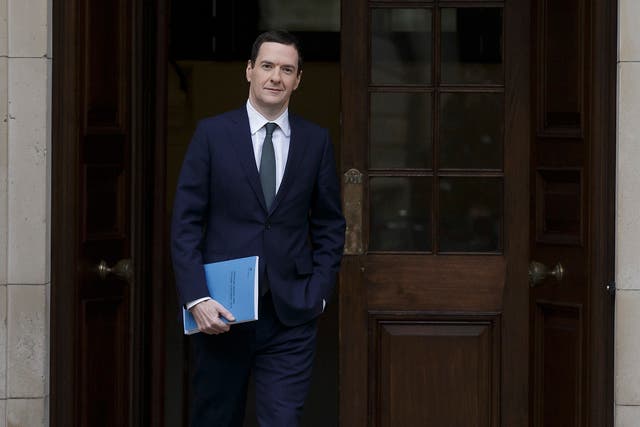
In a dire economic warning one month before the EU referendum, then Chancellor George Osborne foretold of a profound and immediate shock wave to UK finances in the wake of a Brexit vote.
However since the Brexit vote the UK economy has continued to grow.
Last week Mr Osborne’s replacement Philip Hammond said the economy is “remarkably robust”, adding: “It has grown for nine consecutive years with the longest unbroken quarterly growth run of any G7 economy and is forecast to continue growing in each of the next five years.”
Mr Osborne, who supported staying in the EU and now edits the London Evening Standard newspaper, said in December that if he was in politics he would be trying to steer the country “away from the rocks to which it is heading at the moment”.
“No matter how much dough they have here, it’s nothing like the dough we are sending to Brussels every day: 50 million quids-worth, £350 million a week over which we have no control.”
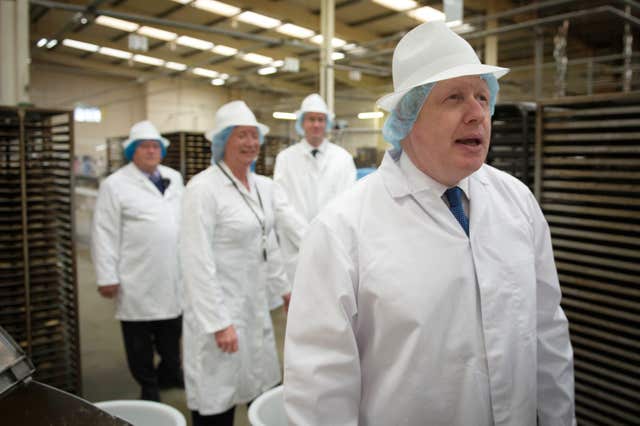
On a visit to a biscuit factory in Lancashire in June 2016, Brexit campaigner Boris Johnson argued for the UK to stop paying into EU budgets.
Since the referendum the claim that the UK paid £350 million each week to the EU has been branded misleading by none other than the head of the UK Statistics Authority.
Sir David Norgrove wrote to Mr Johnson to say the figure was a “clear misuse of official statistics”.
But Mr Johnson has repeatedly stood by the £350 million figure and even argued the sum had been “grossly underestimated” and actually would reach £438 million by the end of a post-Brexit transition period.
“I think it will get cluttered [if we remain in the EU]… We have got enough people in this country. If you want to have 100 million people in this country well then so be it, if that is what you want do it. But I don’t think people really want that and I think that, as I say, it would be nice to get back to being England.”
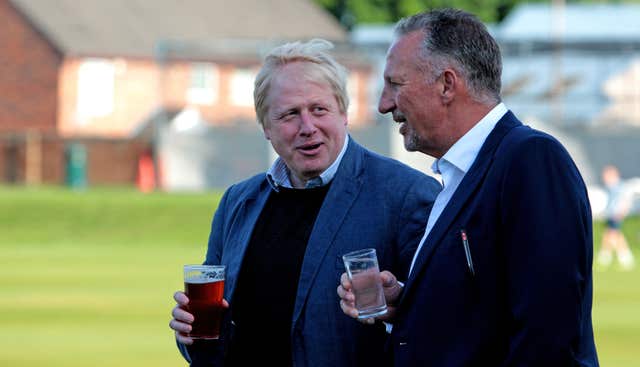
When he took to the campaign trail with Boris Johnson in May 2016, Sir Ian Botham said that remaining in the EU would lead to unacceptably high levels of immigration.
Figures released by the Office for National Statistics last month showed that while there now are fewer people moving to the UK from the EU, net migration from non-EU countries is at its highest level in nearly 50 years.
The balance between the numbers arriving in and leaving the UK remained above 250,000.
The former England cricketer, who did not respond to a request for comment, urged people to “accept” the result of the referendum in a tweet in November 2016.
“If one more person tells me voting Remain is for the rich: will they suffer if the experts are right and 100k jobs go and welfare is slashed?”
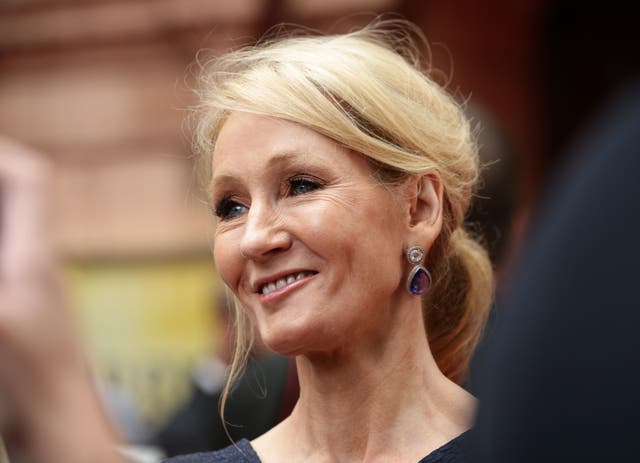
Remain-supporting author JK Rowling tweeted on June 21 to express fears that people would be out of work as a result of Brexit.
However figures released on Tuesday show that a record 32.7 million people are in work in the UK.
In January the Harry Potter author, who did not respond to a request for comment, reiterated the concern, tweeting that she “thought Brexit might screw people in low paid jobs who rely on public services”.





